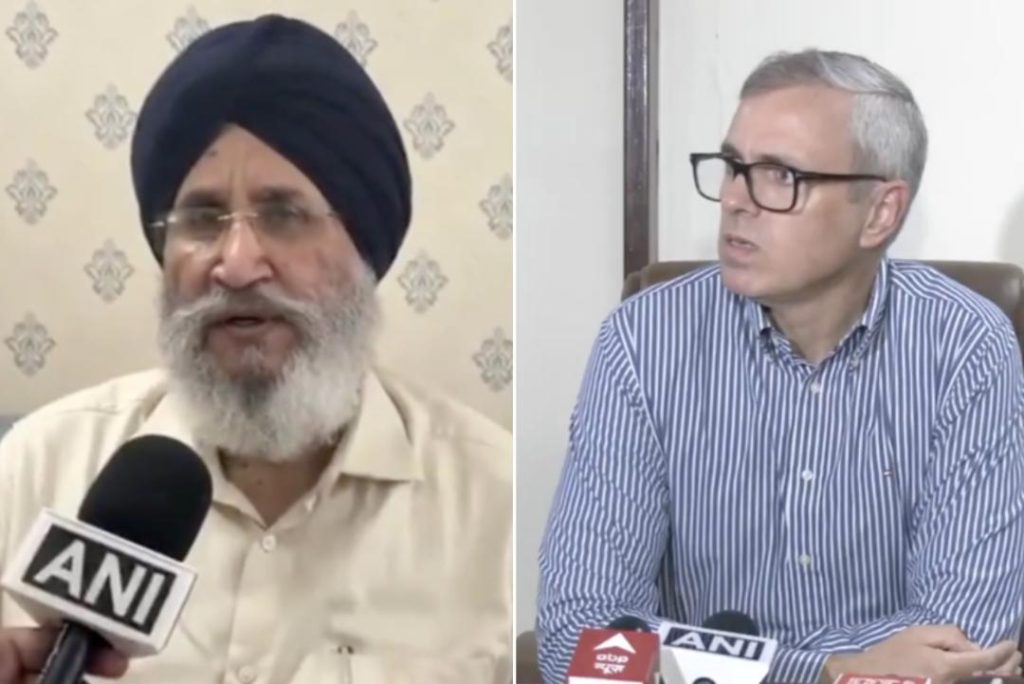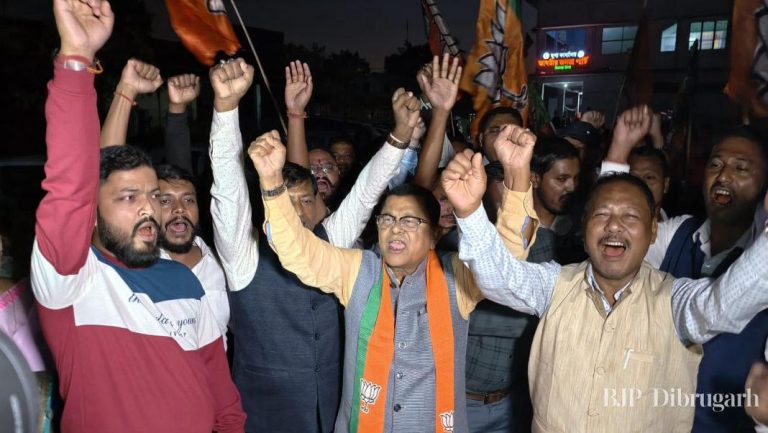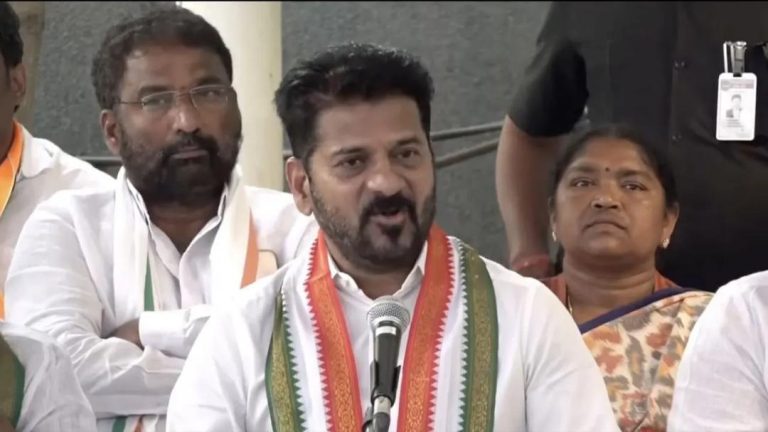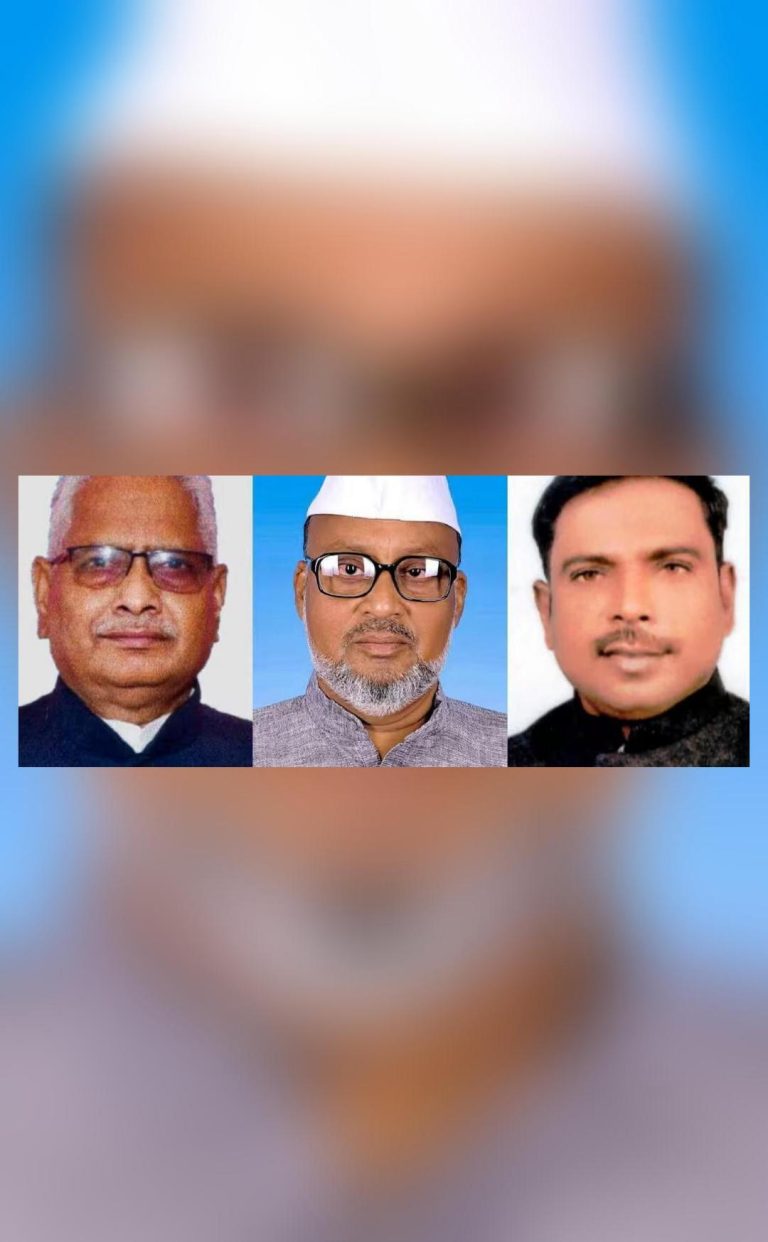
Title: J&K CM’s Remark on Water Sharing Unreasonable: Akali Dal Leader
The recent statement made by Jammu and Kashmir Chief Minister Omar Abdullah, stating that his state will not share any water with Punjab, has sparked controversy and criticism from various quarters. One of the prominent voices to condemn Abdullah’s remark is Shiromani Akali Dal leader, Daljit Singh Cheema.
Cheema, while addressing the media, termed Abdullah’s statement as “unreasonable” and expressed surprise that the J&K CM would make such a comment. “We did not expect him to comment on Punjab, as river water distribution has earlier also been in favour of other states like Rajasthan, Haryana, and Delhi,” Cheema said.
The Akali Dal leader’s remarks come at a time when the issue of river water sharing between Jammu and Kashmir and Punjab has been a contentious one. The two states have been at loggerheads over the sharing of water from the Ravi and Beas rivers, with each side claiming that it has been unfairly treated.
The dispute has its roots in the Indus Waters Treaty signed between India and Pakistan in 1960, which defined the sharing of water from the rivers flowing from the Himalayas. Under the treaty, the waters of the Ravi and Beas rivers were allocated to Jammu and Kashmir, while Punjab was given a share of the water from the Sutlej river.
However, over the years, the situation has become more complex, with Jammu and Kashmir demanding a larger share of the water from the Ravi and Beas rivers. Punjab, on the other hand, has been seeking a more equitable distribution of the water resources.
Abdullah’s recent statement, which has been seen as a clear rejection of Punjab’s demands, has been criticized by many, including Cheema. The Akali Dal leader has argued that the J&K CM’s comment is unreasonable and unfair, especially given the historical context of the river water sharing dispute.
“Punjab has always been willing to negotiate and find a mutually beneficial solution to the water sharing issue,” Cheema said. “However, Abdullah’s statement suggests that he is not interested in finding a solution that is acceptable to both states. This is unacceptable and unreasonable.”
Cheema’s comments have been echoed by other leaders from Punjab, who have also condemned Abdullah’s statement. The Punjab government has been seeking a meeting with the J&K CM to discuss the issue, but Abdullah has so far refused to meet with them.
The dispute over river water sharing is not just limited to Punjab and Jammu and Kashmir. Other states in the region, including Rajasthan and Haryana, have also been involved in similar disputes over the sharing of water resources.
The issue has become increasingly contentious in recent years, with rising temperatures and changing weather patterns affecting the region’s water resources. The dispute has also taken on a political dimension, with various state governments and political parties taking sides and seeking to protect their interests.
In the midst of this controversy, Cheema’s comments have added fuel to the fire. His criticism of Abdullah’s statement has been seen as a strong rebuke, and many have called for the J&K CM to reconsider his stance and engage in meaningful negotiations with Punjab.
As the dispute over river water sharing continues to simmer, it remains to be seen how the situation will unfold. However, one thing is clear – the issue is far from being resolved, and it will require a concerted effort from all parties involved to find a solution that is acceptable to all.
News Source:
https://x.com/ANI/status/1935953245043933487






